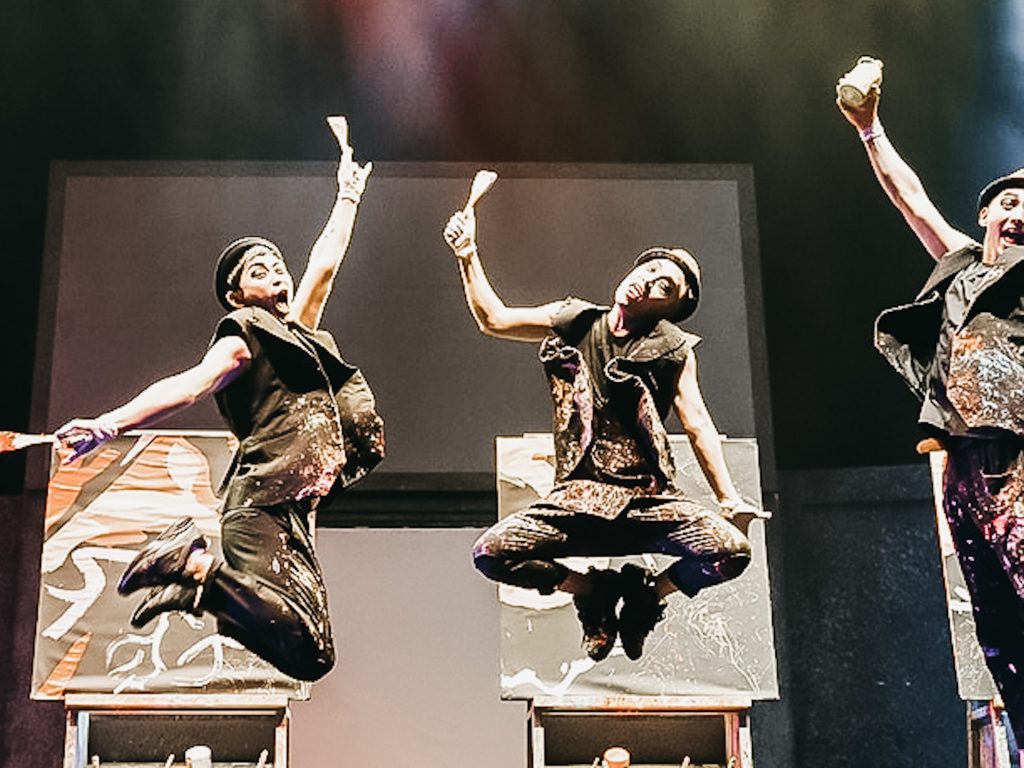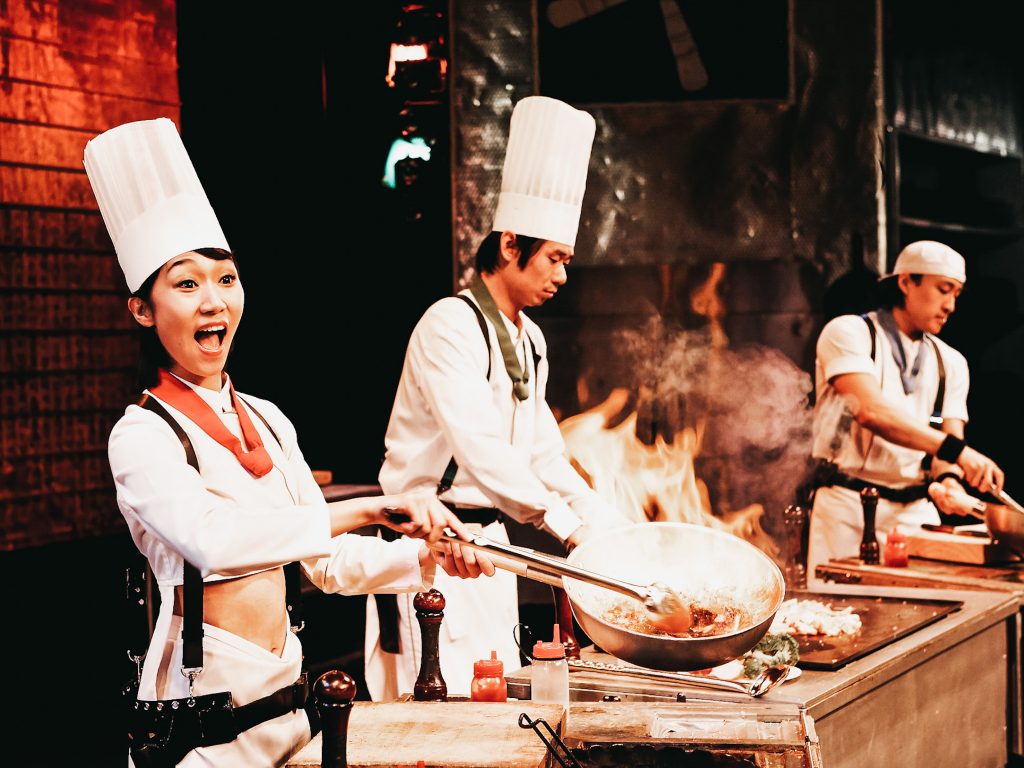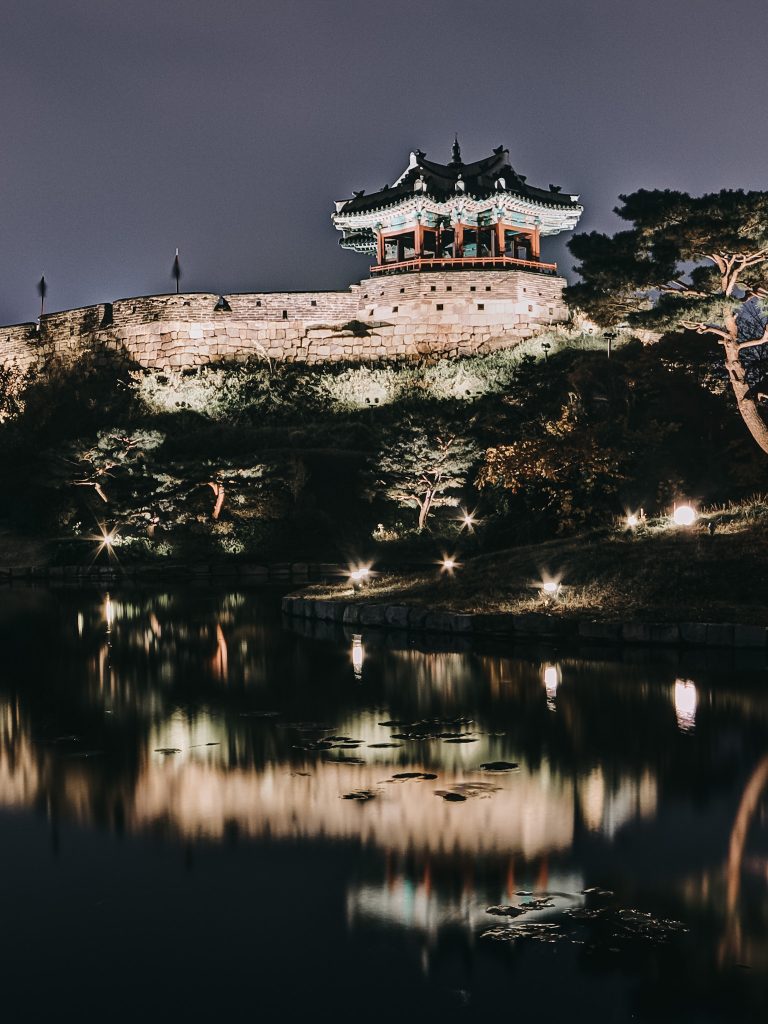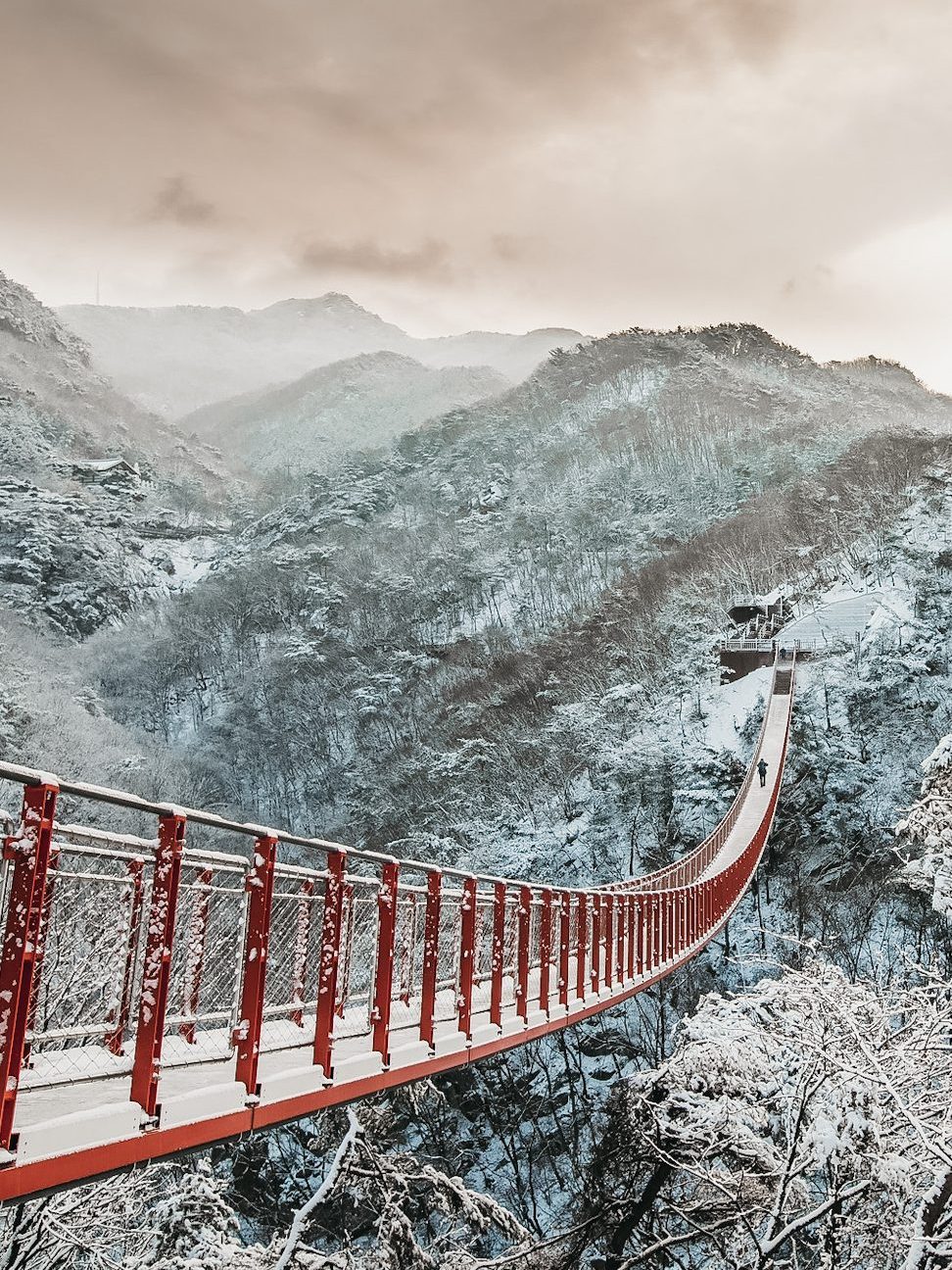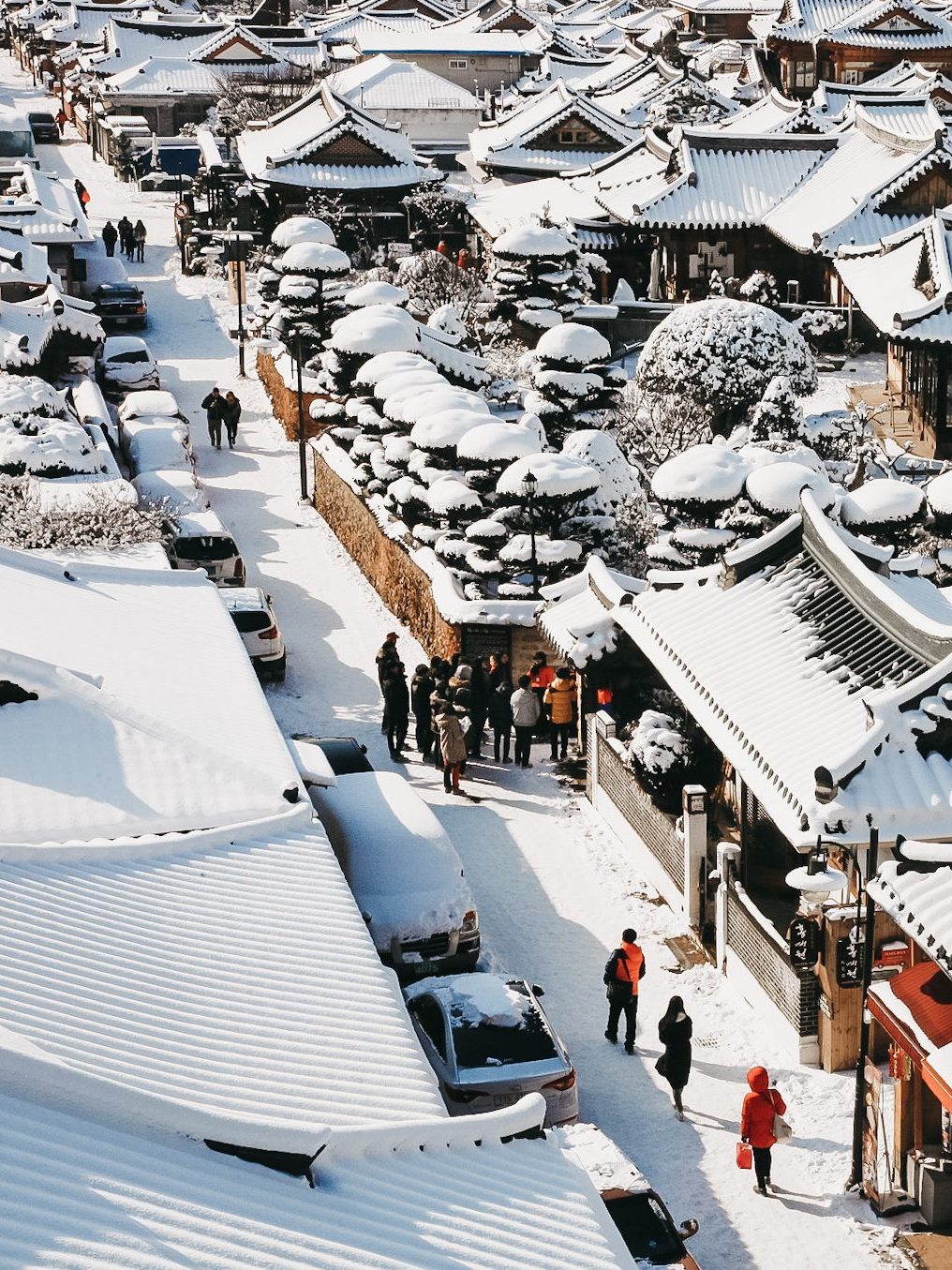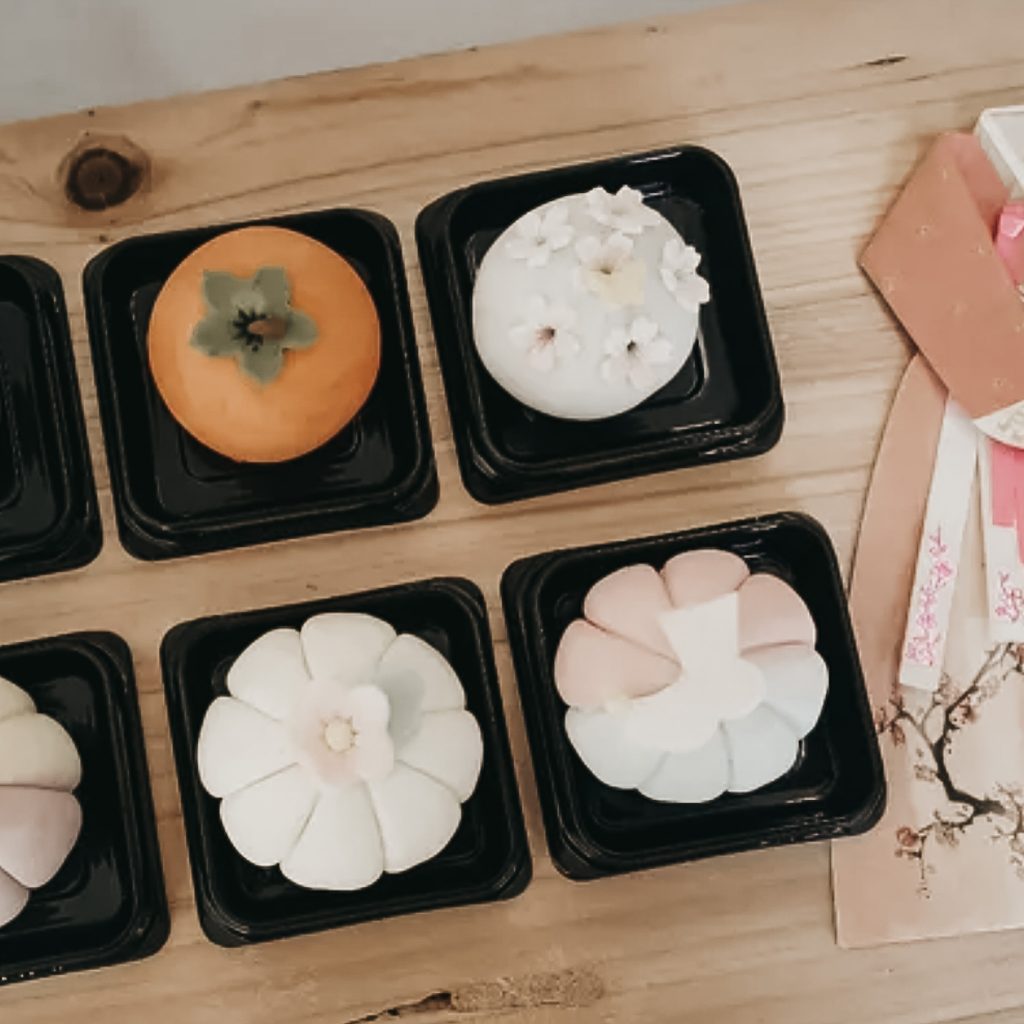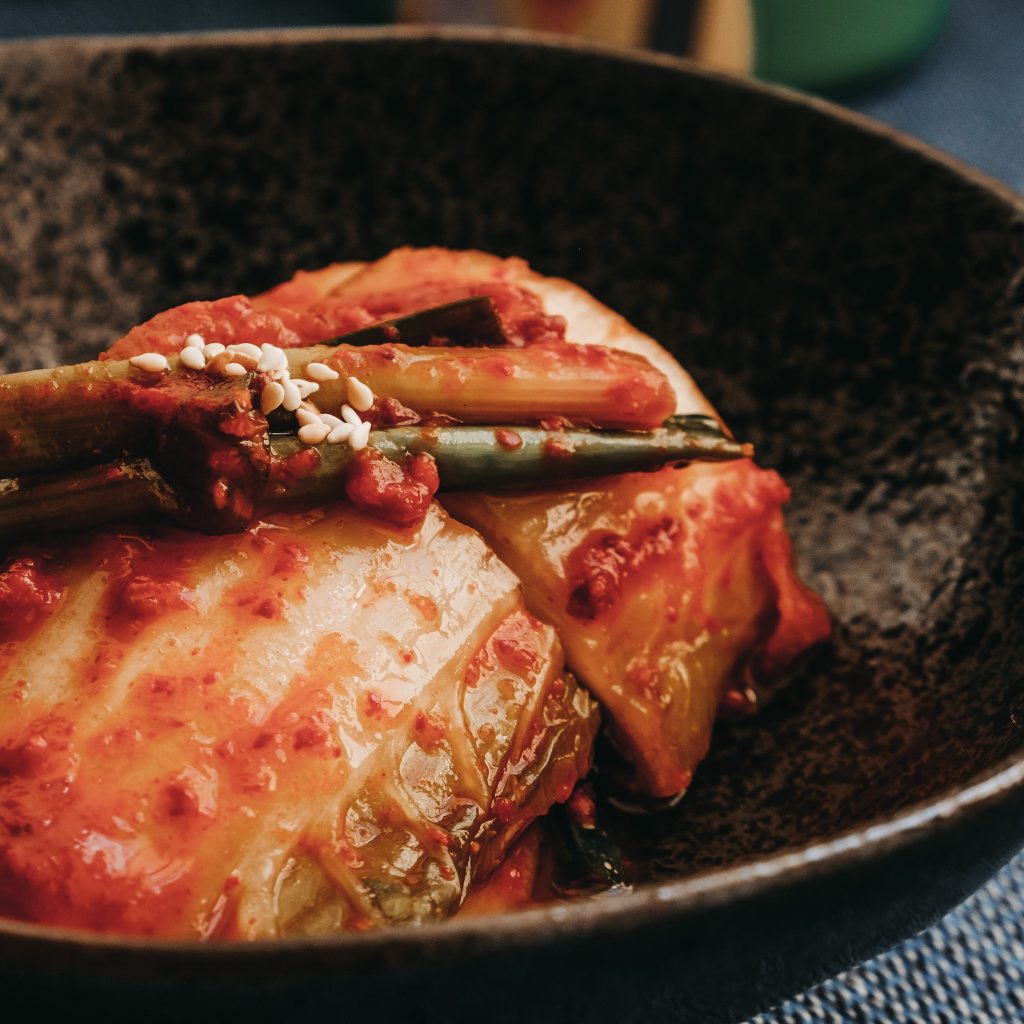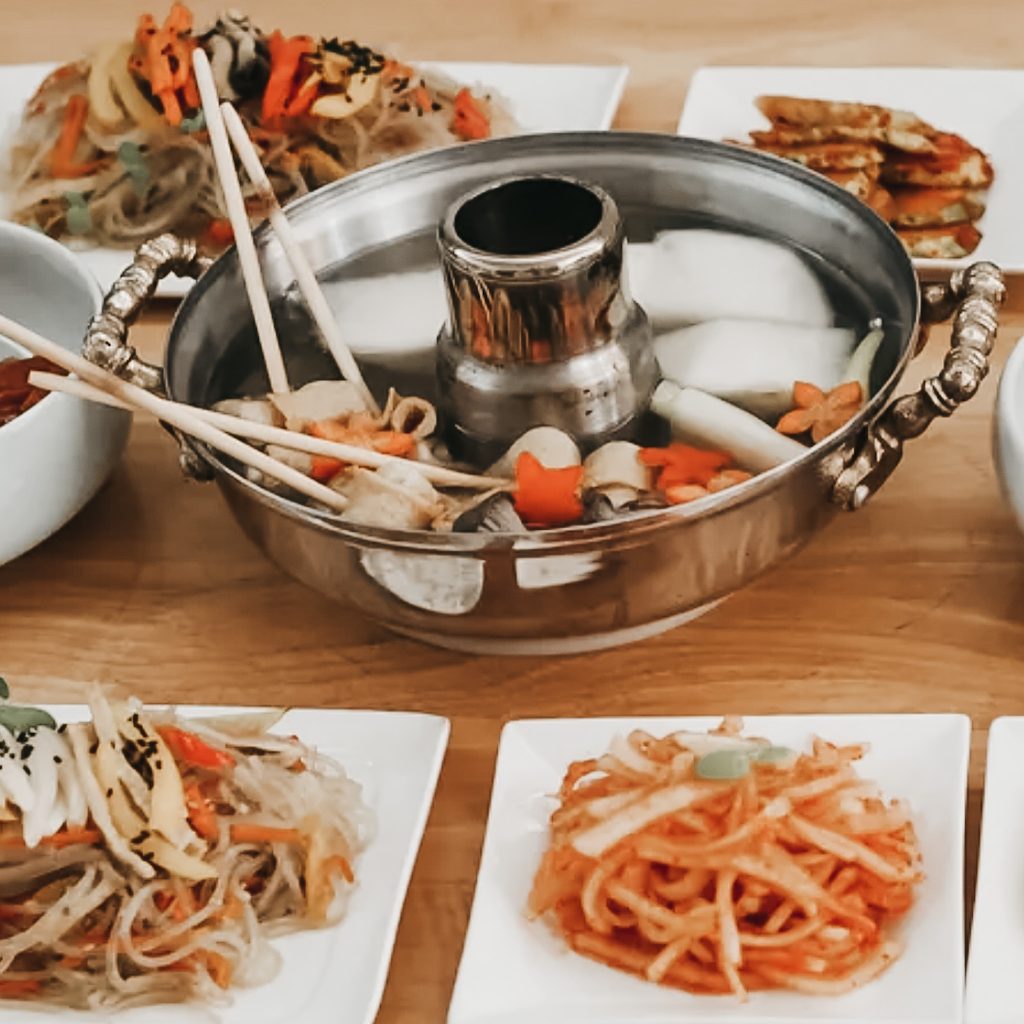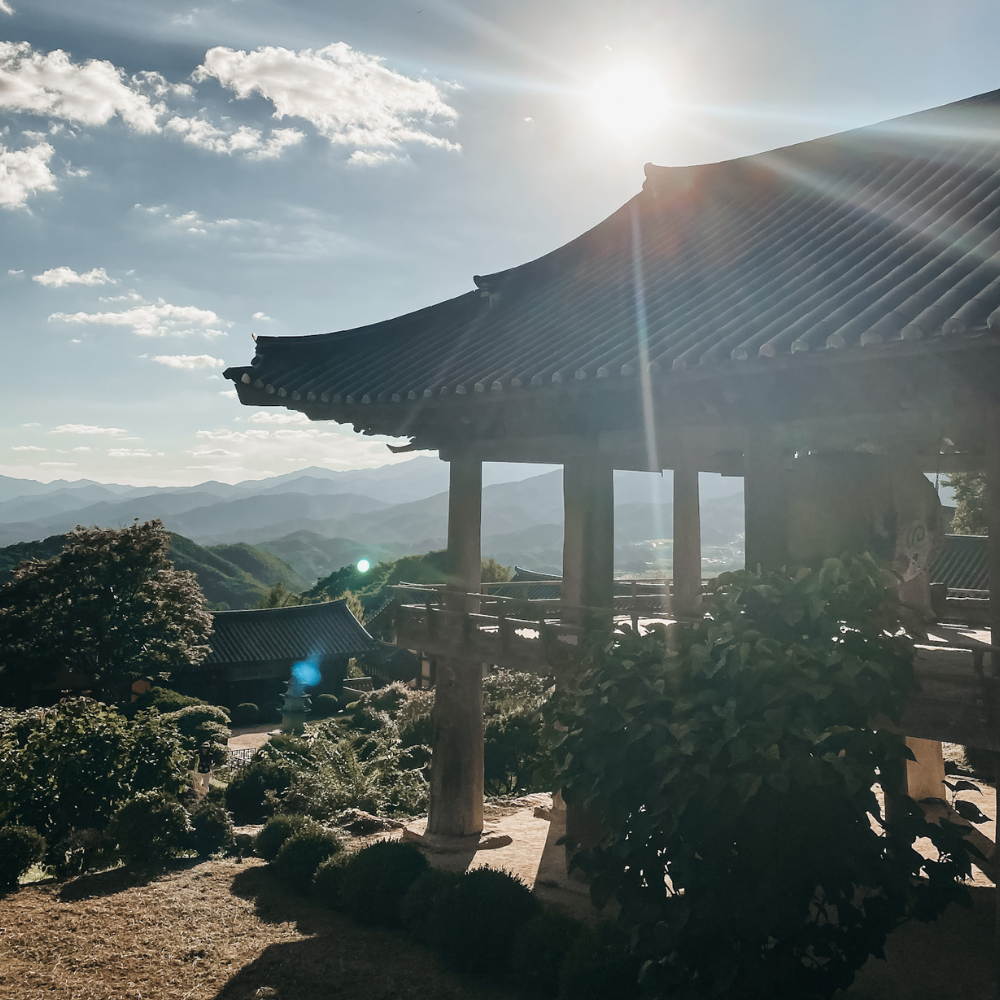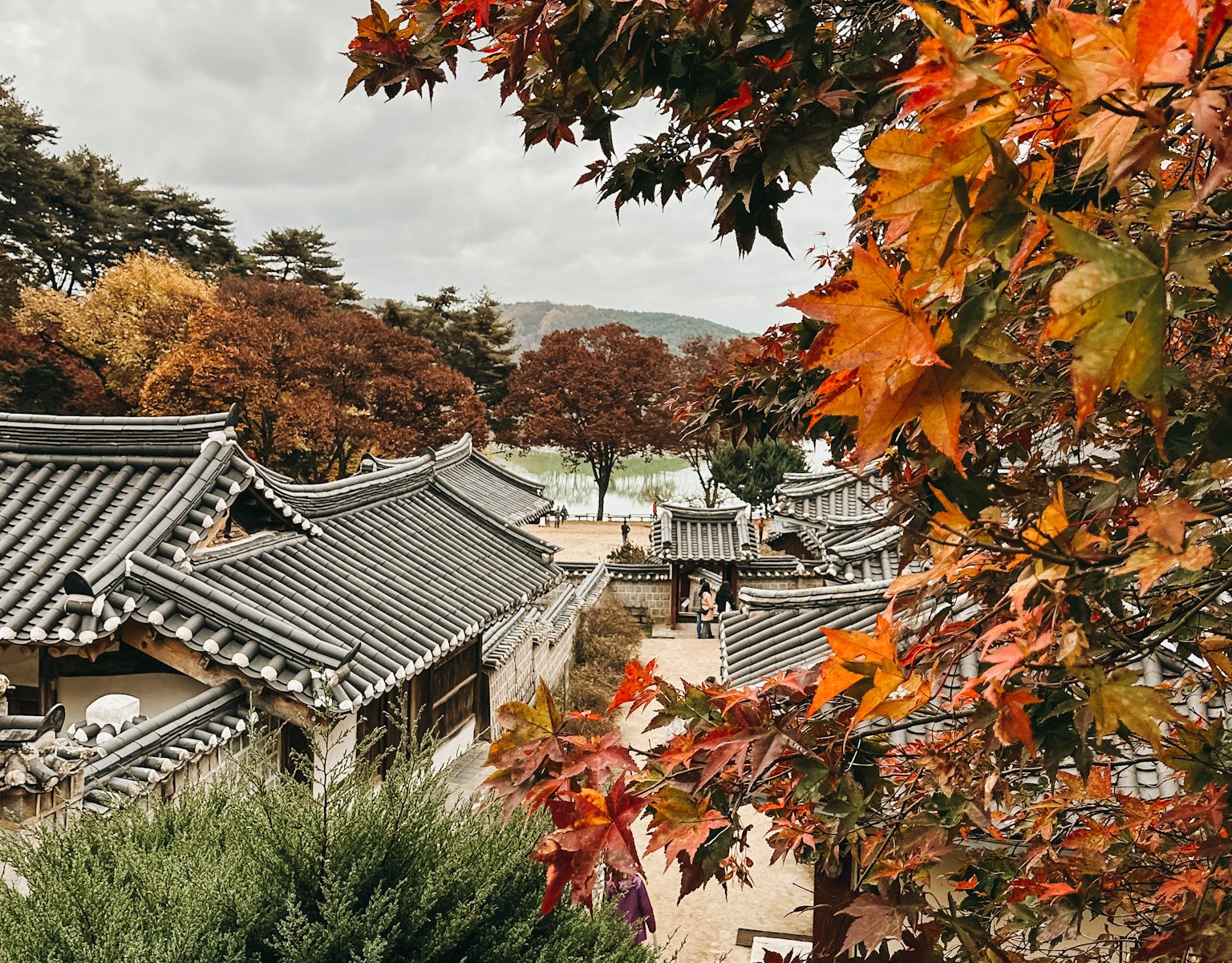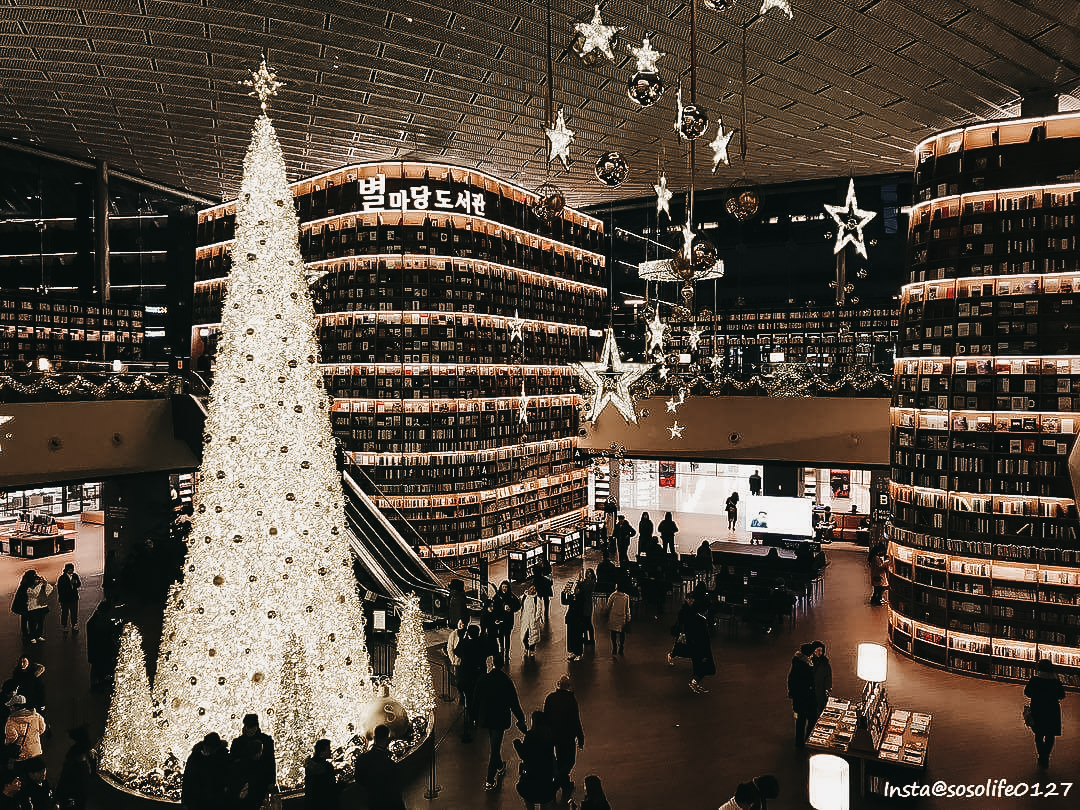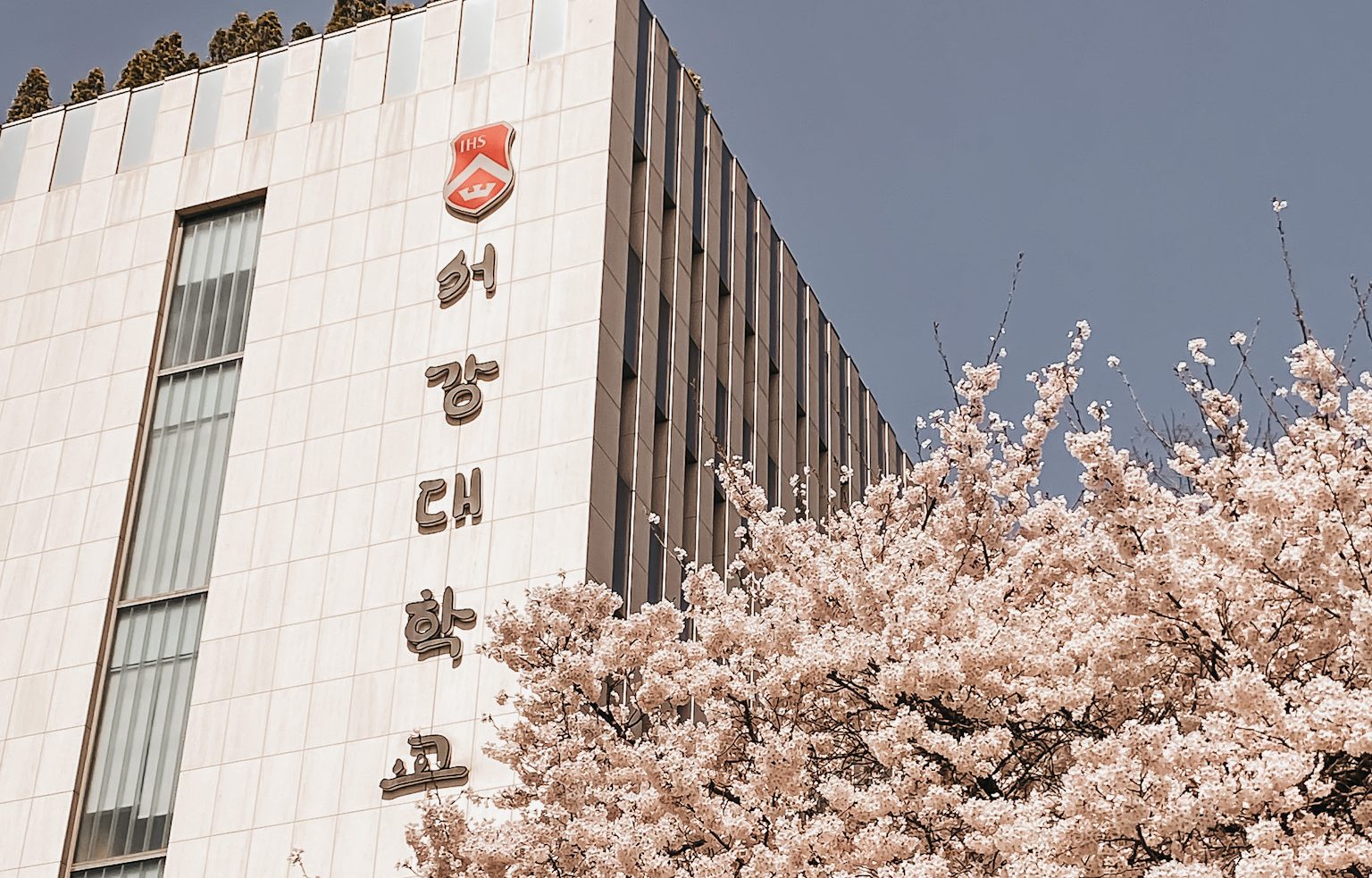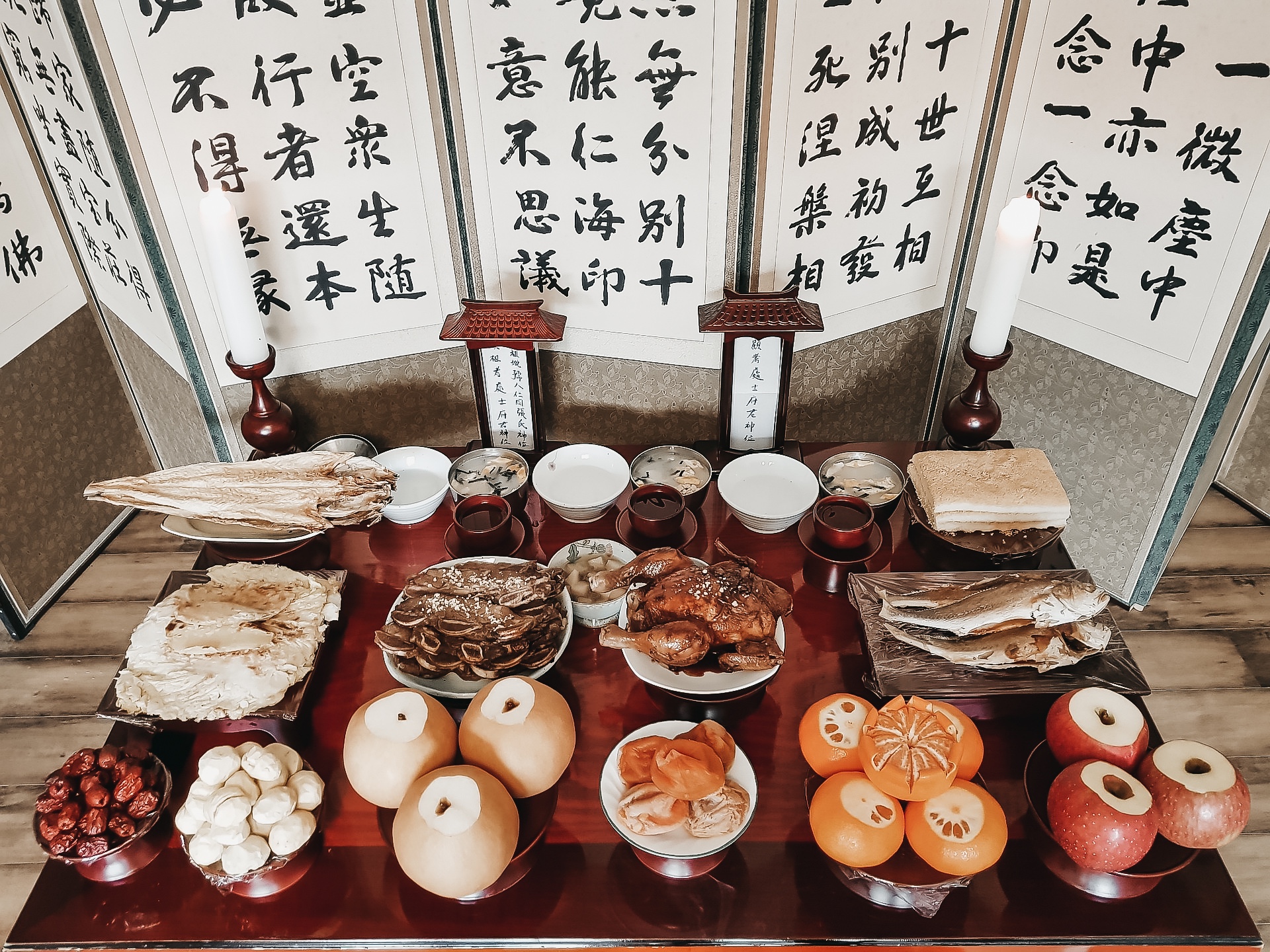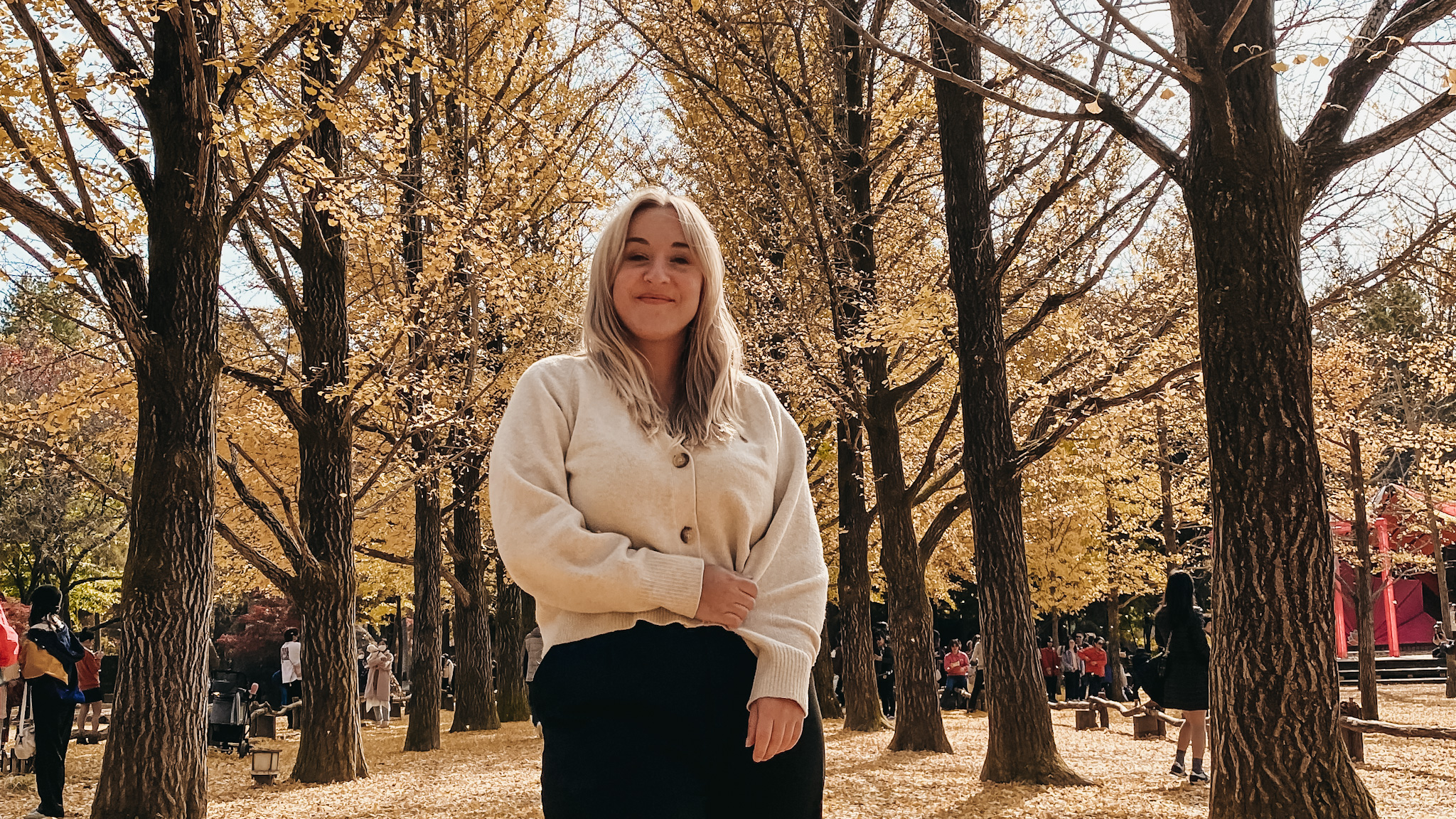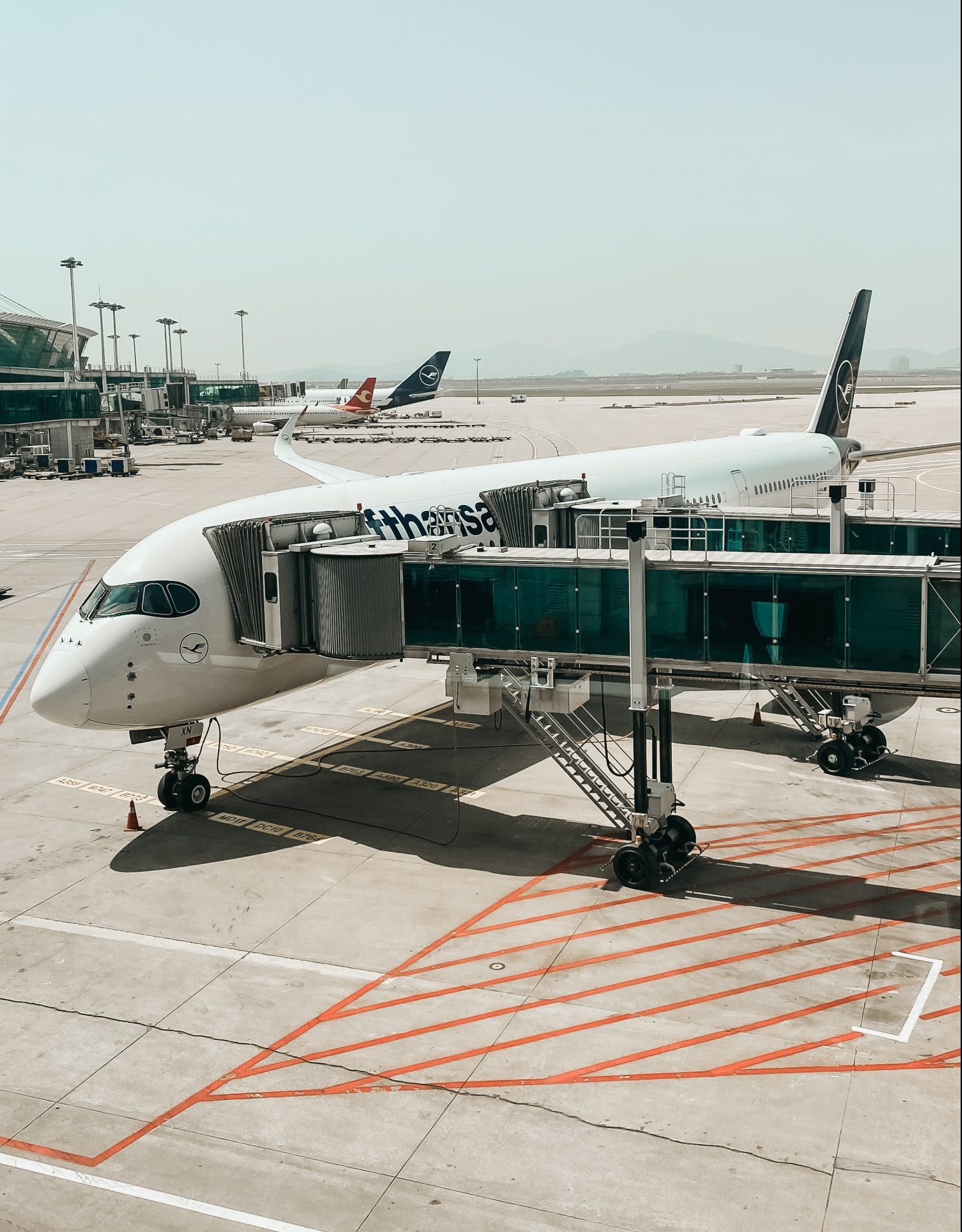Seollal, the Lunar New Year’s Day, is one of South Korea’s most important holidays and a vibrant and culturally rich celebration. In 2024 Seollal falls on February 10. This annual festivity is a time for families to come together, pay respects to ancestors, and engage in traditional customs that have been passed down through generations. In this blog post, we’ll explore the essence of Seollal and I’ll guide you on how to make the most of this unique experience while in Seoul.
In this post:
Toggle
What is Seollal [설날]?

Seollal [설날], also known as Korean New Year or Lunar New Year, is – together with Chuseok (Korean Thanksgiving) – one of the most important and widely celebrated holidays in South Korea. It marks the beginning of the lunar calendar year and is a time for family reunions and ancestral rituals. The festivities typically last for three days, allowing people to take a break from their busy lives and spend quality time with loved ones.
When is Korean Lunar New Year?
Seollal doesn’t have a fixed date on the Gregorian calendar as it follows the lunar calendar. The first day of this lunar Calendar usually falls between late January and mid-February. In 2024 Seollal is on February 10th. For the upcoming years, the Korean New Year will be on the following dates:
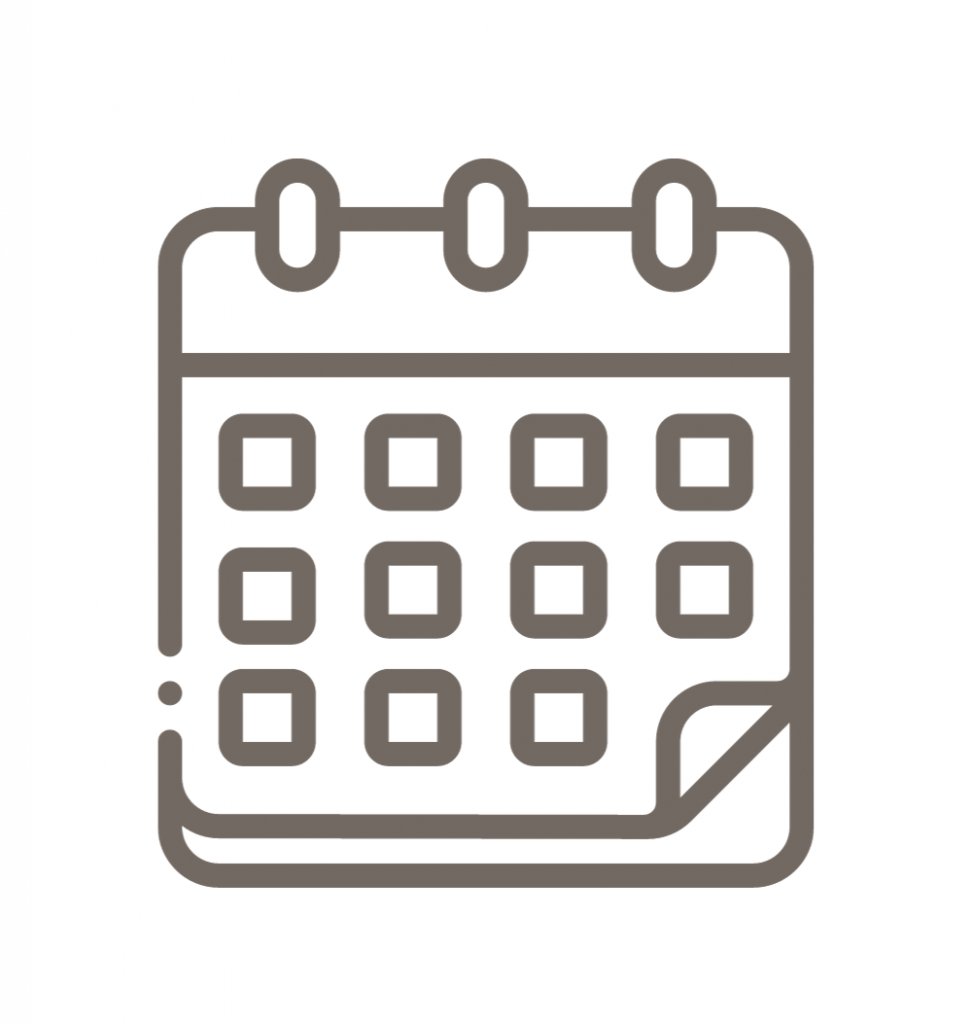
- 2024: Sat, February 10 [Public Holiday Feb 9-11]
- 2025: Wed, January 29 [Public Holiday Jan 28-30]
- 2026: Tue, February 17 [Public Holiday Feb 16-18]
Seollal typically spans three days, but the entire Korean New Year season can extend to cover several days or weeks and many Koreans take extra days off to prepare for the holidays, travel around to visit their families or using the time off to go on vacation. Therefore traffic jams, sold out train and bus tickets and higher hotel and flight prices are normal during that time.
Do Opening Hours change on Seollal?

During Seollal, many businesses and public institutions may have altered operating hours. It’s essential to plan accordingly, as some shops and attractions may close early or remain closed for the duration of the holiday. Closed businesses usually include traditional markets, family owned restaurants or local small businesses. However, major tourist areas, malls, big food chains and certain essential services in Seoul usually remain open!
And if you can’t find any restaurant in your area, try a “1 Day Convenience Store Food Challenge” – it’s much much better than you might expect or know it from other countries 😀
How’s the weather during Seollal?

As Seollal typically is celebrated in January or February it Korean winter, and the weather can be freezing and a bit unpredictable. So you should come prepared with warm clothing to make the best out of your stay! Average temperatures during Seollal range from -5°C to 5°C (23°F to 41°F), so I recommend packing layers and bringing gloves, hats and scarves.
What are Seollal Traditions?
Seollal stands for family togetherness, the celebration of Korean culture and traditions and many wishes for a happy and healthy new year. Many Koreans take advantage of this time to visit family members, reconnect with their roots, and enjoy some special Korean dishes with some ceremonies or traditional games:
Family Gatherings
On Seollal many Koreans travel long distances to visit their close family in their hometowns. It’s a time of bonding, catching up, and strengthening family ties, but also to pay respect to their elders.
Ancestral Rites
One of the central customs of Seollal and Chuseok – Korea’s two main holidays – is the performance of ancestral rites. Families pay homage to their ancestors at family gravesites or at home by offering food and perform rituals – known as Charye [차례] – seeking blessings and guidance for the future. The younger family members also perform a deep bow to their elders – called Seabae [세배] – while wishing them luck for the new year as a gesture of respect. Often the elders then say their wishes too and hand them money.
Traditional Foods
One dish that is commonly eaten on Seollal is Tteokguk [떡국] – a Korean rice cake soup. The white, round Tteok stands for a clean and fresh start in the new year and the hope to live a happy and wealthy life in the new year.
You also probably heard of the traditional way to count one’s Age in South Korea by already being born 1 year old and then adding one year on the New Year’s Day instead of the birthday. Traditionally, the act of eating tteokguk at Seollal turns you one year older. That’s why children ask for multiple portions to grow faster while others jokingly decline the soup to stay young.
Hanbok
As a way of connecting with their cultural heritage some Koreans celebrate the Korean Lunar New Year while wearing Hanbok – the traditional Korean clothing. Unfortunately this tradition is slowly getting less common in modern families, but still you will see news anchors and officials wear Hanbok during those days and especially kids wear it during the performance of the Bow to their elders.
Traditional Games
Besides traditional performances many families play traditional games at home or parks. The most common two are Yutnori [윷놀이] – a team game with a board and sticks you have to throw instead of dices – and flying a kite [연날리기] outside.
Gifts
When you visit a Korean Supermarket before and during the Korean New Year you’ll see a lot of Seollal special offers and gift packages. These gifts often include premium food like high quality meat or fruits, health products, or gift cards, gifted with a focus on thoughtful presentation. You’ll also often see SPAM gift packages 😀

What to do in Seoul during Seollal?
While quite a lot of businesses may be closed or have reduced hours on the actual Seollal Day, there are still plenty of activities and experiences to enjoy for visitors. Here are some things you can do in and around Seoul during Korean Lunar New Year:
Visit Historical Sites
During the Seollal Holidays the Palaces in Seoul will be open and even better: the admission fee will be free for everyone! Don’t miss the Guard Changing Ceremony at Gwanghwamun Gate in front of Gyeongbokgung Palace daily at 10 AM and 2 PM (Tuesdays the palace is closed).
The National Folk Museum in the North East of Gyeongbokgung Palace helds a Seollal Festival including a lot of activities and shows. The exact dates are not yet announced, but usually they’re open before and after the actual New Year’s Day but closed on Seollal (in 2024 Feb 10).
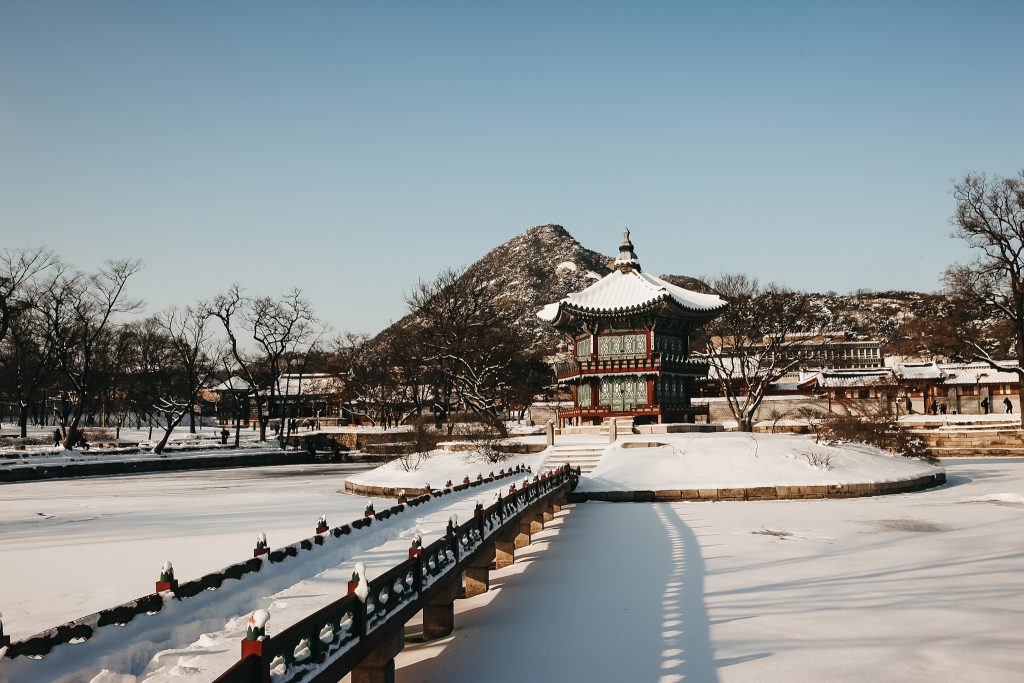
Alternatively the beautiful Namsangol Hanok Village also yearly offers some traditional Korean games, cultural performances and craft activities before and during public holidays. The exact plans are not yet published, but I’ll make sure to keep you updated here.
For me this Hanok Village is one of the most underrated places in Seoul – not so crowded, an amazing view paired with traditional Hanok Houses. There is a cute cafe and local souvenir shop and it also offers a perfect walk to the Namsan Park to walk up the mountain (or take the cable car) to have a view of the city from above.
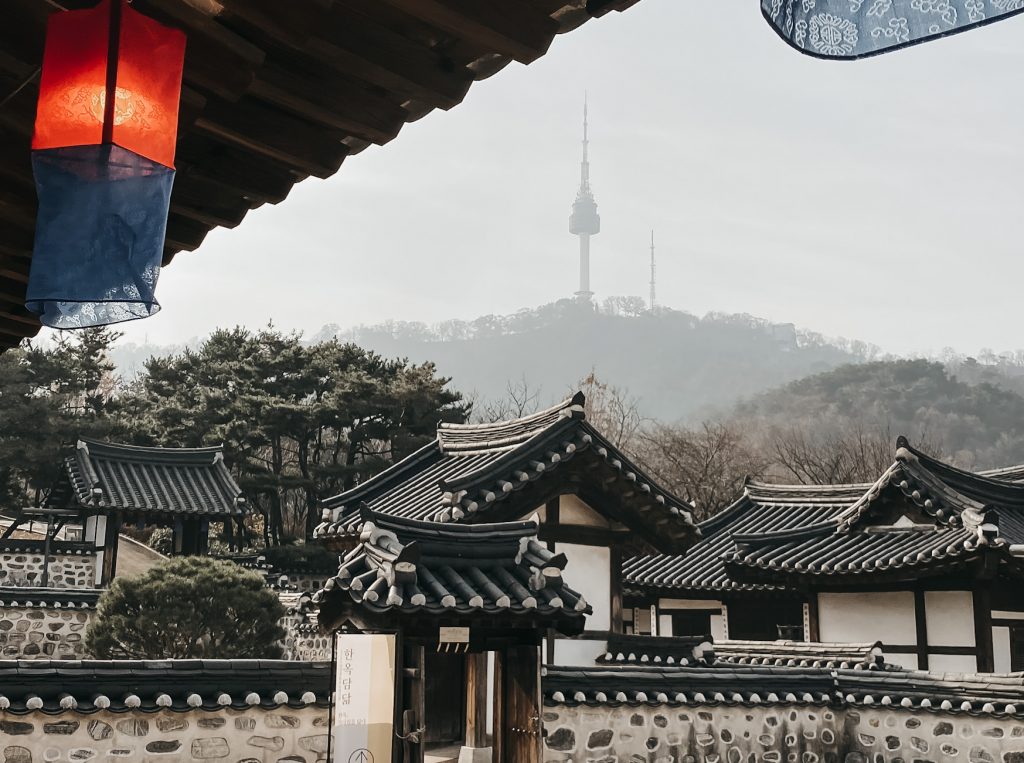
Try Korean Traditional Games
Some Parks in Seoul prepared activities for everyone! You can try different traditional games like Yutnori (Board Game), Tuho (Throwing Sticks into a basket), Jaegichagi (Korean Traditional Hacky Sack), and many more.
You can find those activities from Friday, February 9th 2024 to Monday February 12th in the following parks (usually at the main entrances or community buildings):
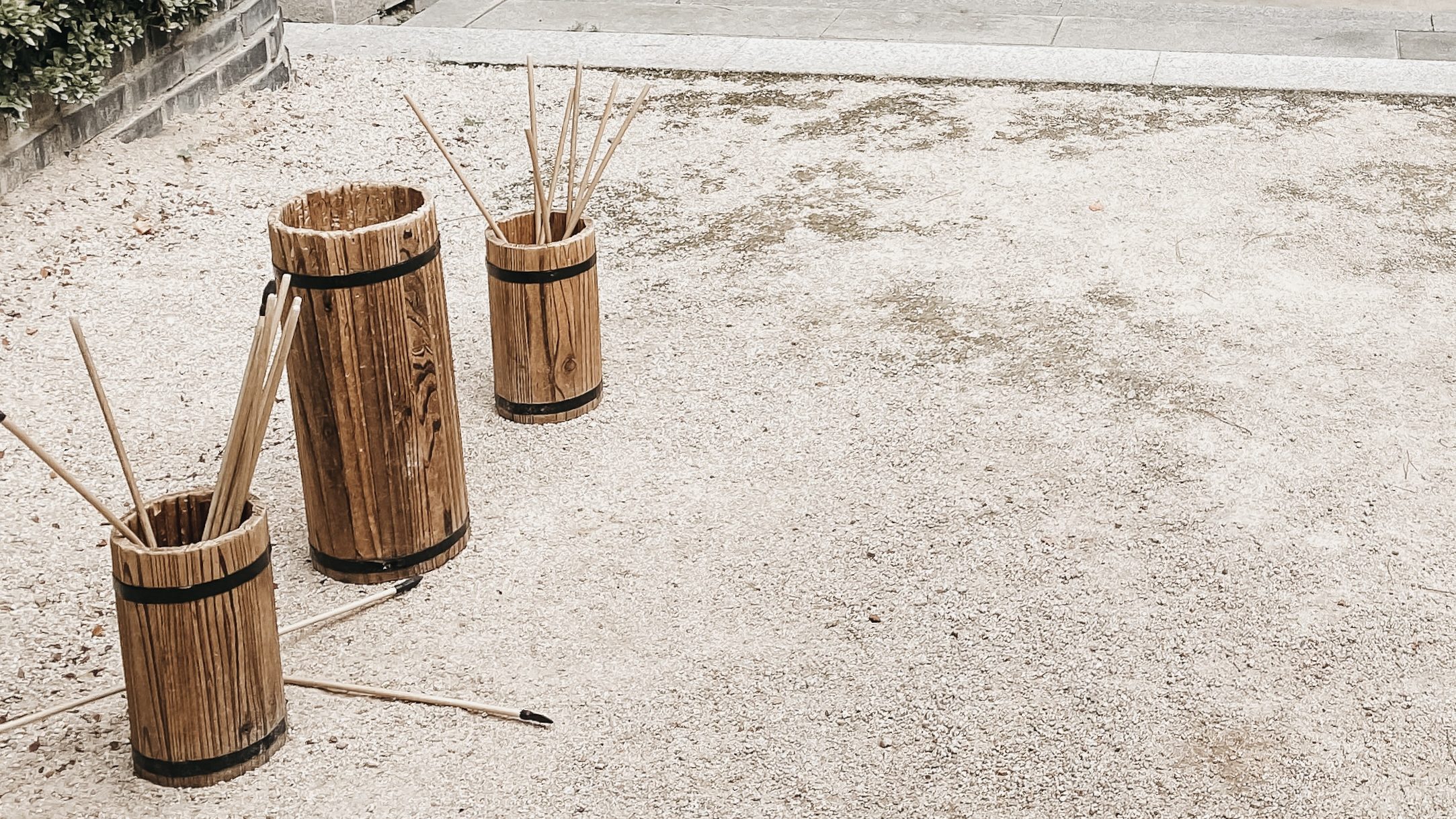
- Seoul Forest (10am to 5pm)
- Seoul Botanic Garden (10am to 5pm)
- Grand Children Park (10am to 5pm)
- World Cup Park (10am to 5pm)
- Namsan Park (10am to 4pm)
- Naksan Park (10am to 4pm)
- Yongsan Family Park (10am to 4pm)
- Maheon Citizen’s Forest (10am to 5pm)
- Gildong Ecological Park (10am to 5pm)
See the city from above
Perched atop Namsan Mountain in the heart of the city you can find the N Seoul Tower – often simply called Namsan Tower. Not only does it provide breathtaking panoramic views of Seoul’s sprawling cityscape, but it also offers cultural performances every day at 3 PM and has some great photospots like the lock filled walls of the viewing platform. You can buy tickets for the N Seoul tower’s observatory >here.
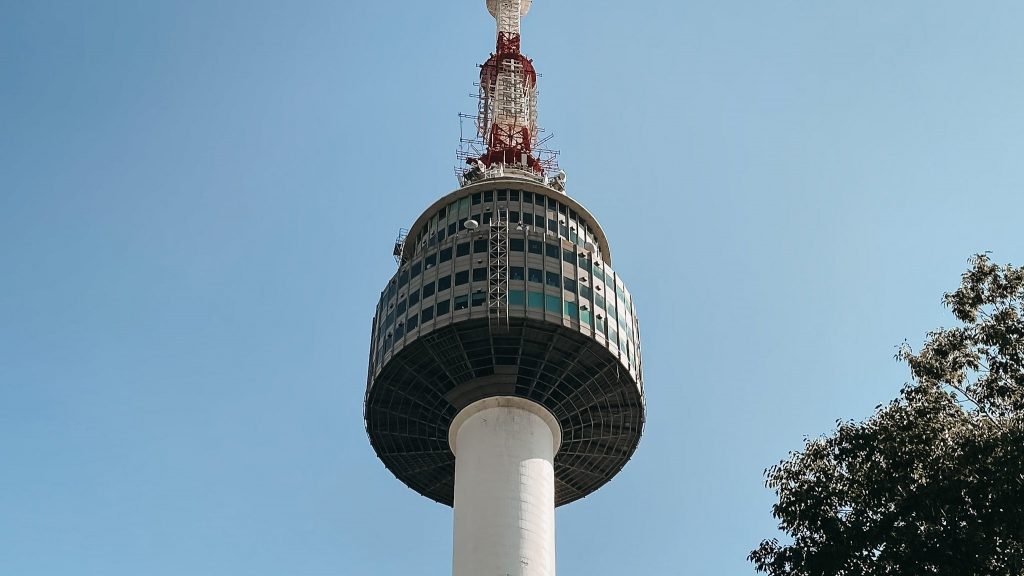
Another great place for awesome city views is the Lotte Tower’s Seoul Sky Observatory, located in the Jamsil district. Visitors can explore interactive exhibits before ascending to the rooftop observatory or even book the Sky Bridge Tour to have a walk outside on 555m height. Tickets for the Observatory can be booked in advance >here.
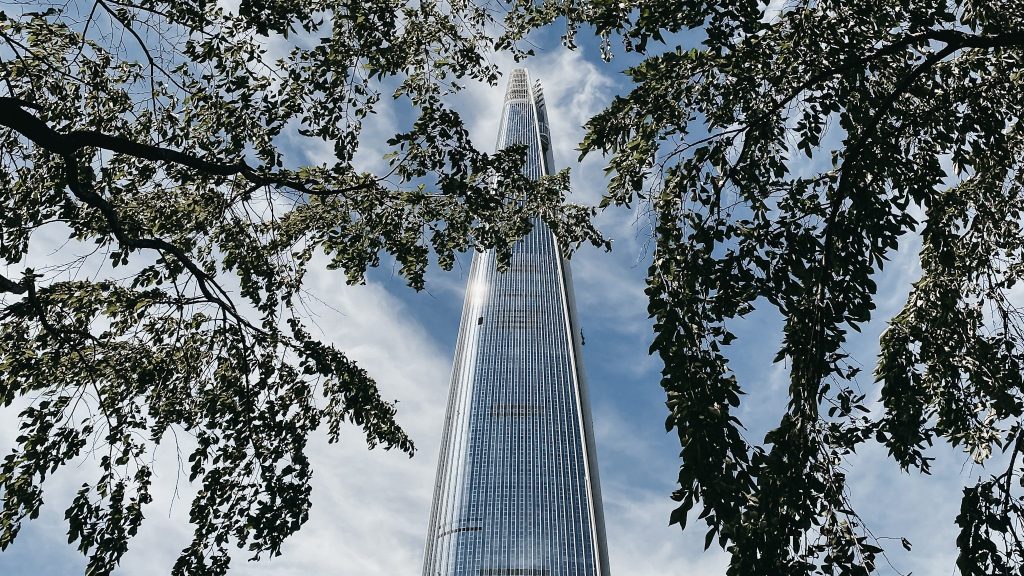
Watch Performances
The “Nanta Cooking Show” and “Painter’s Show” are two captivating performances in Seoul. “Nanta” is a comedy combining cooking and drumming, while “Painters Show” blends live painting, multimedia art, and humor. Both shows offer unique, interactive experiences combined with some Korean cultural insights that entertain audiences of all ages and backgrounds, making them must-see attractions in Seoul.
Visit an Amusement Park
As families gather to celebrate, the amusement parks in and around Seoul come alive with vibrant decorations and special New Year-themed events and discounts. Whether it’s strolling through Everland’s beautifully adorned gardens, enjoying Lotte World‘s festive parades, or experiencing the captivating performances at Seoul Land, Seollal at these parks offers a unique blend of Korean modern life and excitement.
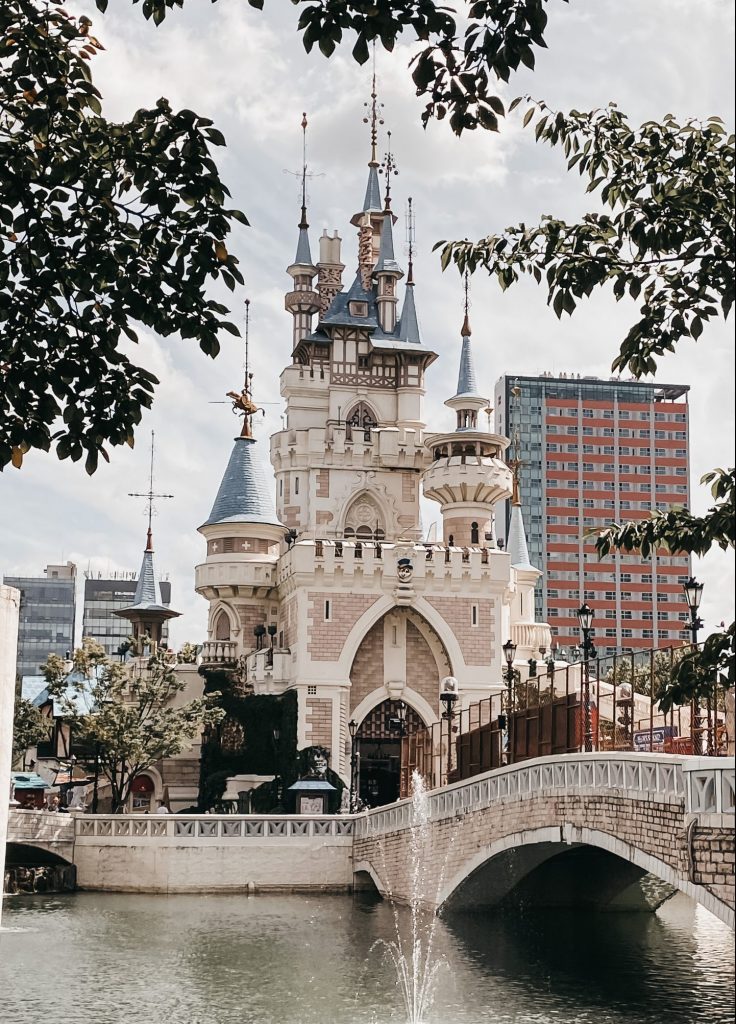
Have a Selfcare-Day
Combine relaxation and cultural immersion by visiting a Jjimjilbang (찜질방) – a traditional Korean bathhouse. Upon entering, you’re enveloped in a world of soothing saunas, hot baths, and special treatments. The gentle heat of the Korean saunas, ranging from intense to mild, helps release tension and detoxify the body. After a leisurely soak in therapeutic mineral baths, you can indulge in a Korean body scrub that leaves your skin feeling soft and revitalized. Alternatively you can get a massage or one of Korea’s famous skin treatments in one of the great facilities below. This self-care day in Korea allows you to escape the hustle and bustle of everyday life and immerse yourself in a wellness oasis steeped in Korean tradition.
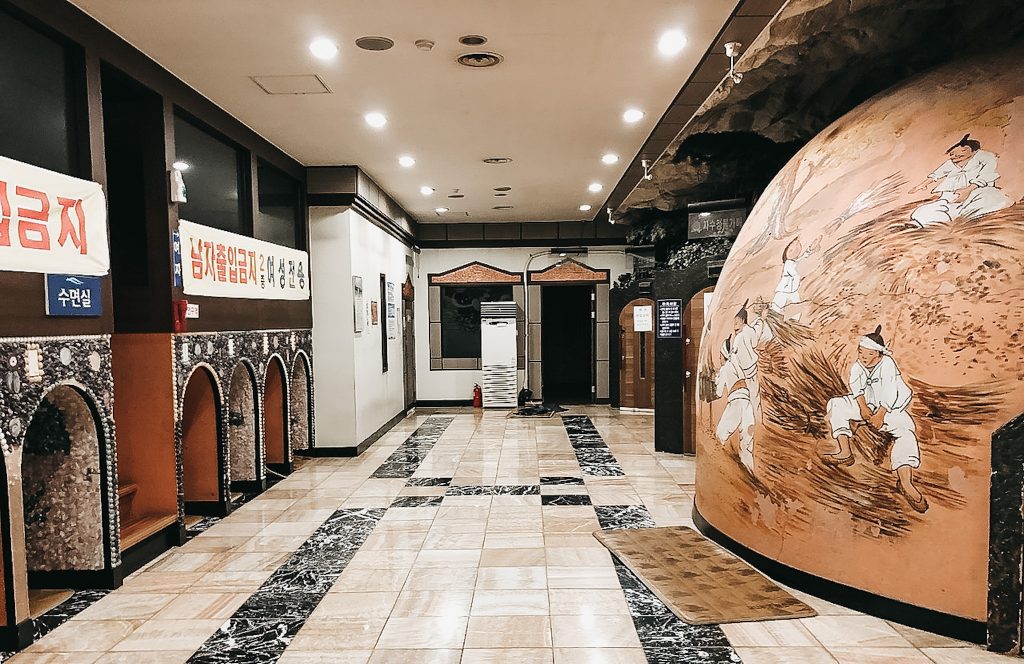
Enjoy one of Korea’s Special Winter Destinations
While living in South Korea I realized that it is obsessed with any kind of festivals.. No, not just music festivals! I mean Culture, Art, Nature, Season Festivals and so much more.
And of course there are some of those special attractions and festivals around Seoul too:
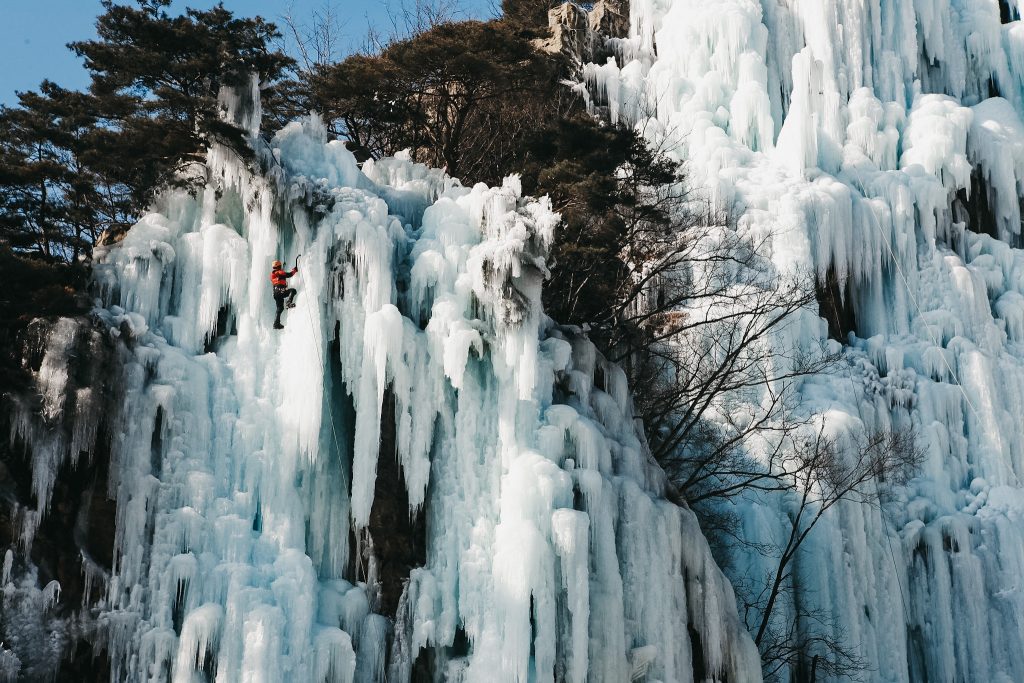
Go Skiing or Snowboarding
You can also fully embrace the winter wonderland during Seollal by hitting the slopes for a thrilling skiing or snowboarding adventure. Therefore you have to options: stay within Seoul or leave the city for a proper skiing adventure.
If you don’t have much time but still want to enjoy some snowy fun, the Han River Snow Sledding Parks are a great option. Those slopes at Ttukseom, Jamwon, Yeouido are open until February 12 from 9am to 5pm.
What many people don’t know: South Korea offers amazing ski resorts with picturesque landscapes, providing an ideal setting for winter sports enthusiasts. For a hassle-free experience, consider organized tours from trusted platforms like Klook or Trazy. Last one actually offers this great tool to find the best option for you:

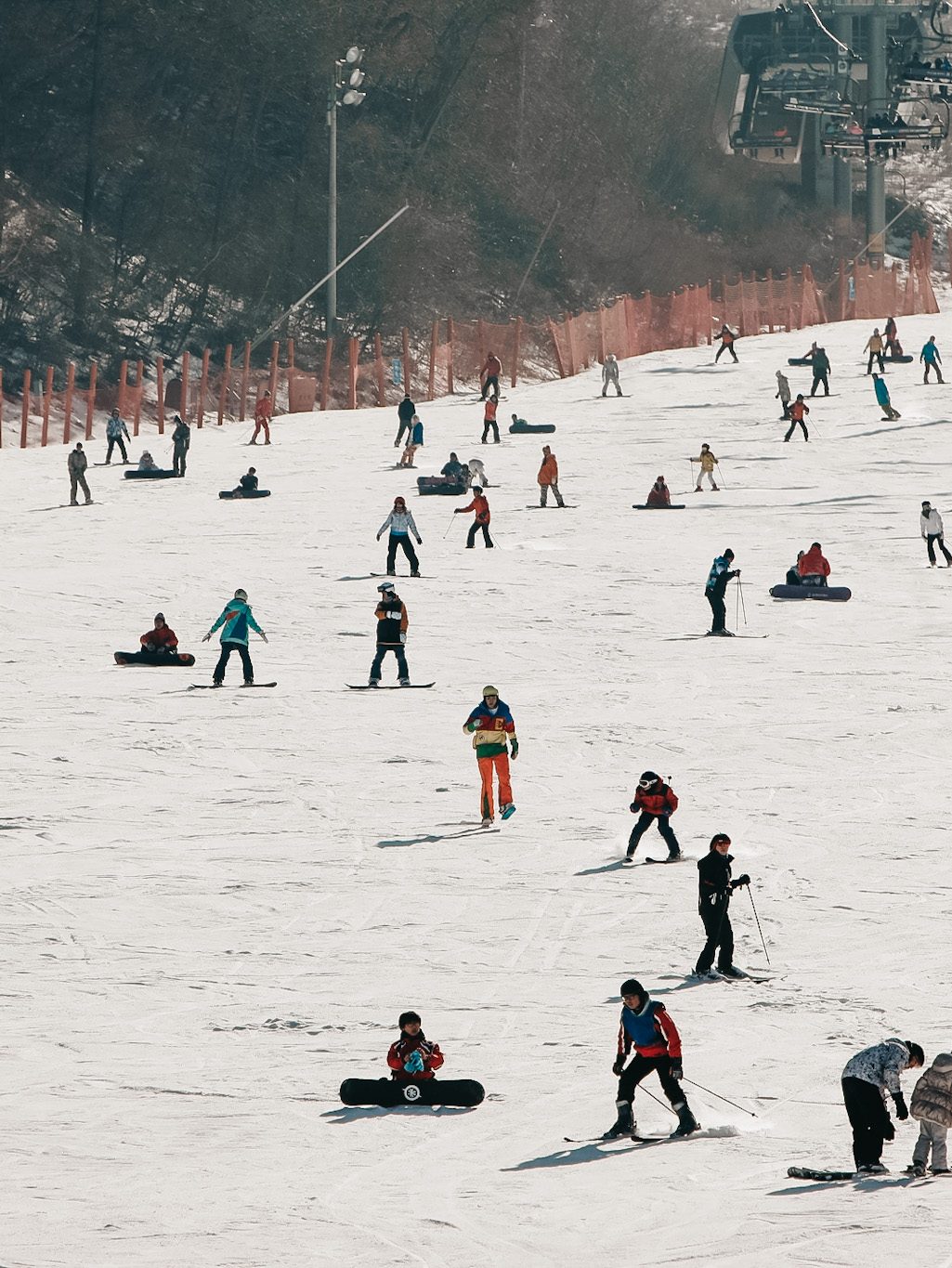
If you’re a solo female traveler, here the best ski option for Seollal:
Explore different cities
Embarking on a day trip from Seoul during Seollal is a fantastic way to explore South Korea’s diverse landscapes and historical sites. A visit to the Korean Folk Village and Suwon, just an hour away from Seoul, allows you to experience the Seollal Festival at the Korean Folk Village and stroll along the UNESCO-listed Hwaseong Fortress in Suwon.
For a more solemn experience, consider a visit to the DMZ (Demilitarized Zone), which takes approximately two hours to reach.
Finally, consider a day trip to Jeonju and its famous Hanok Village. The area around the city is known for its picturesque landscapes especially during winter.
Take a cooking class
Korean cooking classes provide a hands-on experience in preparing traditional Seollal dishes like colorful rice cakes, Korea’s National dish Kimchi, or a whole set of meals like Bulgogi (marinated grilled meat) or Korean stews. Guided by expert instructors, participants not only learn the secrets of these time-honored recipes but also gain insight into the significance of each dish in Korean Cuisine. It’s a delightful opportunity to connect with the essence of Korean traditions and share in the joy of creating and savoring these delectable treats with loved ones.
Spend a night at a Korean Temple
Imagine swapping the hustle of finding something to do within the city on a Public Holiday like Seollal for a Temple Stay in South Korea – it’s not just a retreat; it’s a cultural adventure!
Many temples in Korea actually offer special temple stay programs for foreigners that let you dive into traditional rituals while soaking in the serene vibes and beautiful landscapes that most temples here are surrounded by. Picture yourself meditating, partaking in Buddhist ceremonies, and sometimes exchanging smiles with resident monks^^
So, if you’re up for a different kind of celebration, consider a Temple Stay!
How to say “Happy New Year” in Korean?
If you want to impress Koreans or simply wish them a happy new year in their mother tongue, you can say: 새해 복 많이 받으세요 [Saehae Bok Mani Badeuseyo] which translates to I wish you much luck in the new year! You can use this phrase on Seollal but also on the Gregorian New Year on January 1st.

Seollal is a time when Koreans spend time with their families and many smaller business close for the holidays. But at the same time the city comes alive with vibrant celebrations, offering tourists a unique glimpse into Korean customs and values. As you plan your visit to Seoul during this auspicious time, be sure to consider the special traditions, altered opening hours, and the array of activities available.
Have you experienced Seollal in Seoul? Share your thoughts, memories, and any additional tips in the comments below. I’d love to hear about your Korean Lunar New Year Experiences!
